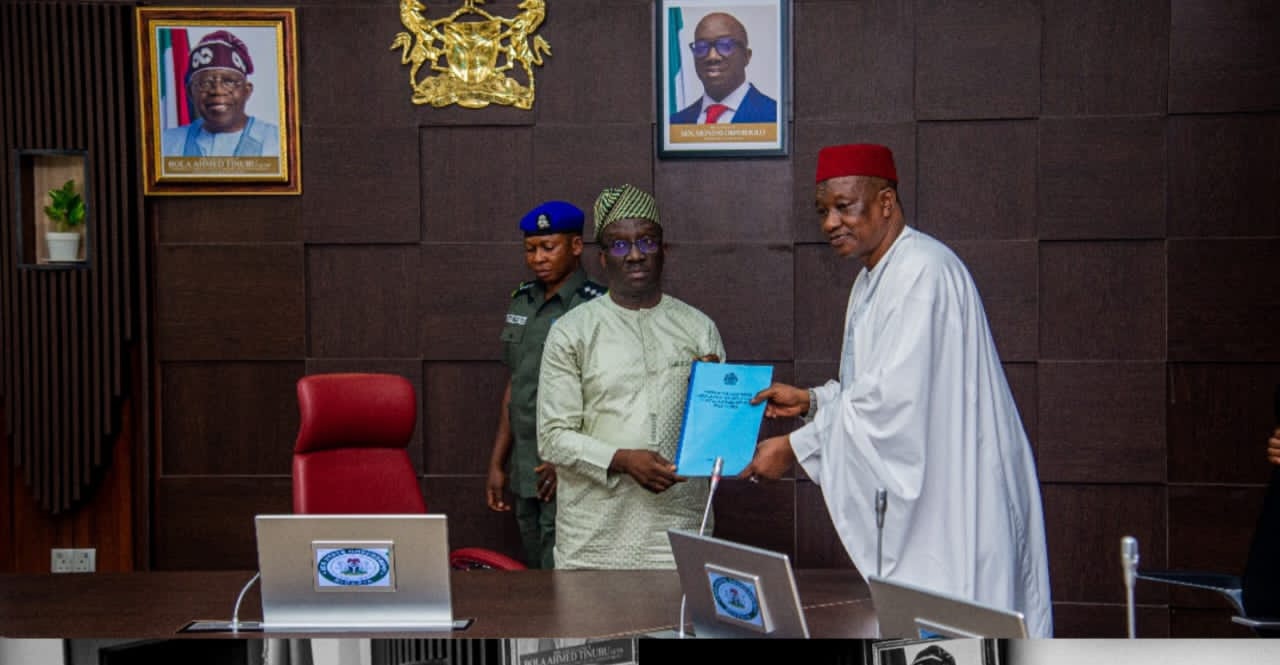Poisoned Rivers, Dying Villages: Sino Metals Faces Fury Over Zambia's Worst Pollution Disaster
Poisoned Rivers, Dying Villages: Sino Metals Faces Fury Over Zambia’s Worst Pollution Disaster
In what is shaping up to be one of Zambia’s worst industrial pollution scandals in recent years, the Zambia Environmental Management Agency (ZEMA) has confirmed that Sino Metals, a mining giant operating in Chambishi, is responsible for the contamination of key water bodies following the catastrophic collapse of its tailings storage facility (TSF) on February 18, 2025.
The incident has left behind a toxic trail of devastation, affecting rivers, communities, and ecosystems across the Copperbelt and Central Provinces.
ZEMA Director General, Ireen Chipili, did not mince her words during a press briefing yesterday, where she revealed that the tailings discharged into the Chambishi Stream were highly acidic, with pH levels as low as 1.8, effectively turning the river into an acid cocktail.
This toxic discharge flowed unchecked into the Mwambashi and Kafue rivers, poisoning water sources and leaving communities downstream grappling with dead fish, polluted drinking water, and skin irritations.
“Fifty tonnes of lime were hastily deployed to neutralize the acidic water,” Chipili said, describing the emergency response. However, this intervention came after the damage had already been done.
Residents in Ngabwe District, far from the mine site, reported mass fish deaths and a sharp decline in water quality, confirming the widespread impact of Sino Metals’ negligence.
ZEMA swiftly issued an Environmental Restoration Order, forcing Sino Metals to cease operations and begin emergency repairs. Yet, for many affected communities, this action feels too little, too late.
Locals who depend on the Kafue River for farming, fishing, and household use are now left counting the cost of what could have been prevented. Fields are polluted, crops are dying, and clean water is scarce.
The agency’s investigation revealed shocking details about Sino Metals’ environmental practices. ZEMA found that the company failed to adequately maintain its TSF, which collapsed under preventable conditions.
“This was not a natural disaster; it was corporate carelessness,” Chipili emphasized, raising questions about the regulatory oversight and the company’s commitment to safety.
While the lime dosing operations restored the pH levels to near-normal conditions, environmental experts warn that the chemical composition of the water and the long-term effects on biodiversity remain uncertain.
ZEMA has since directed the company to conduct a comprehensive environmental assessment, with a deadline of March 30th, to determine the full extent of the ecological and human health impacts.
Communities are demanding compensation and answers. “Our rivers are our life,” said a visibly emotional local farmer from Ngabwe, during an interview. “Now they are killing us. Sino Metals must pay, and the government must protect us.” This outcry reflects growing anger and frustration among residents who feel abandoned in the face of corporate pollution.
ZEMA is now under pressure to not only enforce restoration but to ensure that Sino Metals is held fully accountable. Chipili promised that the agency will not allow the matter to be swept under the rug.
“ZEMA will demand full restoration and compensation. We will not tolerate pollution of this magnitude,” she declared, signaling possible tougher regulatory actions in the days ahead.
As the deadline for Sino Metals’ environmental assessment looms, the country watches closely. For many affected families, however, the damage is already irreversible poisoned rivers, ruined livelihoods, and a deep sense of betrayal.
March 29, 2025
©️ KUMWESU







